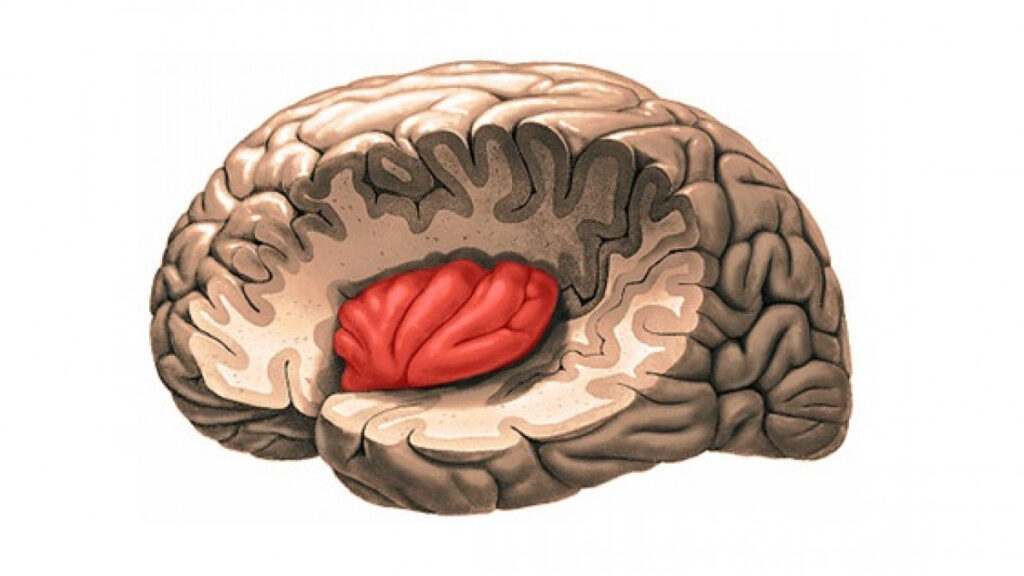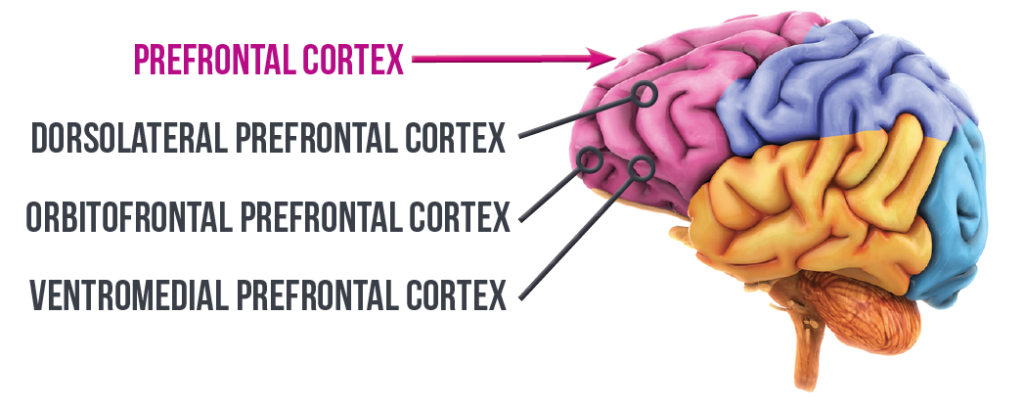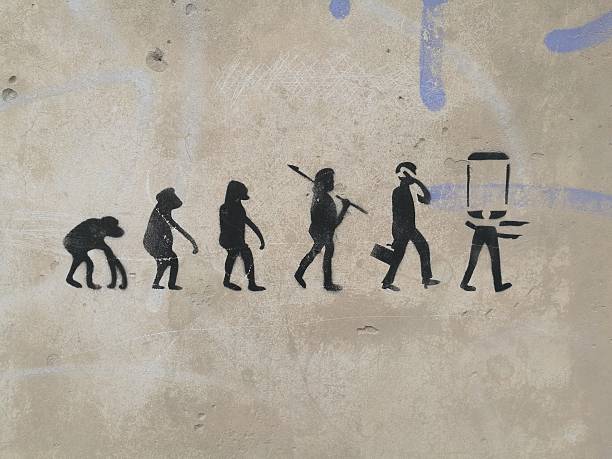What makes us human?
Don’t assume that scientists or psychiatrists know or agree.
I’m not against science.
In fact, I say this because try my best to learn from scientists and researchers at the highest levels (not just popular summaries and pop psychology “common sense” permeating our culture).
In two episodes of the same podcast (Huberman Lab), two experts in their field give opposite explanations of what it means to be human.
And I find that interesting.
And telling.
The Bottomline Summary
Option #1: Bottom-up emotions in early-lower brain make us human, is what one expert says (specifically the insular cortex).

Option #2: Top-down executive functioning of later-higher brain makes us human, is what another expert says (specifically the prefrontal cortex).

Btw, you were not made just for thinking…check out these 8 key lessons about your brain, and why it matters for faith.
The Deep and Early Brain (Insular Cortex)
Dr. Paul Conti, M.D., is a psychiatrist and expert in treating trauma, personality disorders and psychiatric illnesses.
He sees the insular cortex and its connection to the limbic system as the primary motivator of human behavior and what makes us human (see episode about limbic resonance with MaryKate Morse). Dr. Conti feels that focusing on the prefrontal cortex as what makes us different from animals is misguided—and that possibly those regions are responsible for the maladaptive feelings of guilt and shame.

In this sense, Dr. Conti sides with the more affective turn within neuroscience (which I agree is a much needed counter-emphasis, I just don’t think we should use it as “what makes us human”).
He uses a quick and dirty evolutionary wand to try and explain all this, the kind of explanation that anthropologists like David Graeber and David Wengrow should make us wary of (see The Dawn of Everything: A New History of Humanity).
See his very fascinating episode on the Huberman Lab, “Therapy, Treating Trauma & Other Life Challenges”.
The Top-Down Control of Outer and Later Brain (Dorsolateral Prefrontal Cortex)
Nolan Williams, M.D., is a triple board-certified psychiatrist, neurologist and professor of psychiatry and behavioral sciences at Stanford School of Medicine.
He sees the dorsolateral prefrontal cortex and other later structures that organize, and even inhibit limbic functions, as most essential for humans. These structures create downward organizational pressure which help mitigate again chronic depression.

Dr. Williams and others have pioneered treatments using magnetic brain stimulation to activate dorsolateral prefrontal cortex so that it can better manage an overactive anterior cingulate cortex (which seems to be correlated with chronic depression).
See his very fascinating episode on the Huberman Lab, “Psychedelics & Neurostimulation for Brain Rewiring”.
Conclusion
I bring all this up to remind us that neurologist, psychiatrists, research psychologists, and others investigating human behavior do not agree on—and are often just guessing at—what makes us human.
Which means it is fine for theologians and philosophers to add our understanding what makes us human without deferring to other disciplines.
And for a popular introduction to humanity being made in the image of God, check out Does God Really Like Me? Discovering the God Who Wants to Be With Us.
You were not made just for thinking…check out 8 key lessons about your brain, and why it matters for faith & life.
And if you aren’t a listener already, please check out the Embodied Faith Podcast, focusing on the intersection of neuroscience and faith (apple, spotify, google podcast).

